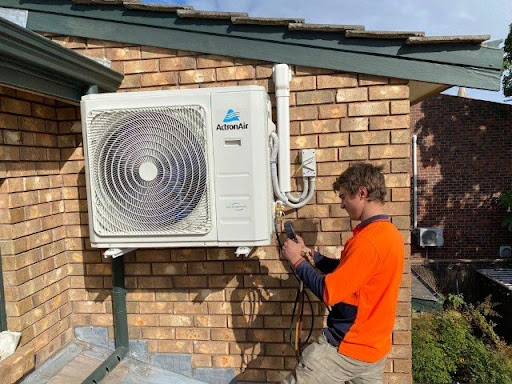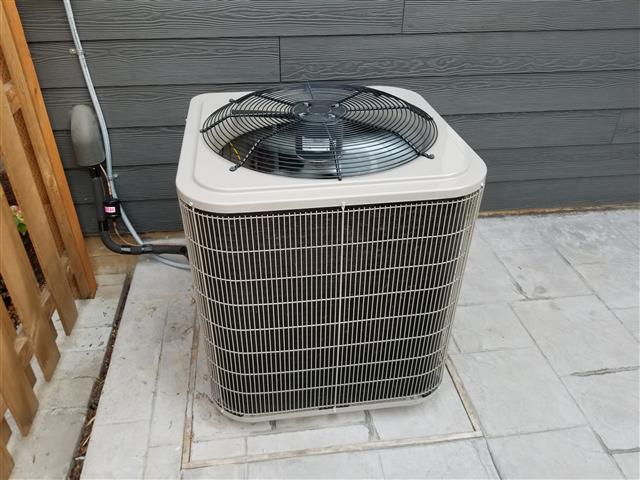The Evolution of Air Conditioning

In the scorching heat of summer or the blistering cold of winter, one modern luxury we often take for granted is air conditioning. It’s hard to imagine enduring extreme temperatures without the comfort of controlled climate indoors. But how did we arrive at this point of technological advancement? The journey of air conditioning is a fascinating tale that spans centuries, from rudimentary methods used by ancient civilizations to the sophisticated systems powering our buildings today.
Ancient Beginnings: The Origins of Cooling Techniques
The quest for cooling dates back to ancient civilizations, where people ingeniously devised methods to combat the heat. In ancient Egypt, for example, people used wet reeds in windows to create a cooling breeze by harnessing the evaporative cooling effect. Similarly, ancient Romans circulated aqueduct water through the walls of wealthy homes to cool the interiors.
The Renaissance: Early Innovations in Cooling
During the Renaissance, inventors and scholars began to explore more sophisticated cooling methods. In the 2nd century, Chinese inventor Ding Huan crafted a manually operated rotary fan, a precursor to modern ventilation systems. Fast forward to the 18th century, and Benjamin Franklin, the American polymath, experimented with evaporative cooling by using ether to achieve temperature drops.
Industrial Revolution: Mechanical Advancements
The Industrial Revolution marked a significant turning point in the history of air conditioning. In 1758, Benjamin Franklin and John Hadley, a chemist, conducted an experiment that laid the groundwork for modern refrigeration. They discovered that evaporating alcohol could cool objects enough to freeze water. This principle formed the basis of early refrigeration systems.
Birth of Modern Air Conditioning: Willis Carrier and Beyond
The true revolution in air conditioning came in the early 20th century with the work of Willis Carrier. In 1902, Carrier invented the first modern electrical air conditioning unit, designed to control humidity in a New York publishing house. This invention not only transformed industrial processes but also revolutionized the way people lived and worked, making hot and humid climates more bearable.
Advancements in the 20th Century
Throughout the 20th century, air conditioning technology continued to evolve rapidly. The introduction of Freon, a non-toxic refrigerant, in the 1920s made cooling systems safer and more efficient. Central air conditioning systems became increasingly common in commercial buildings and homes, leading to widespread adoption across the globe.

Modern Innovations: Efficiency and Sustainability
In recent years, the focus of air conditioning technology has shifted towards energy efficiency and sustainability. Innovations such as variable refrigerant flow (VRF) systems and heat pump technology allow for precise temperature control while minimizing energy consumption. Additionally, the integration of smart thermostats and building automation systems has further optimized the way we cool our spaces.
The Future of Air Conditioning
Looking ahead, the future of air conditioning promises even greater advancements. Researchers are exploring alternative refrigerants with lower environmental impact, while engineers are developing next-generation cooling systems that harness renewable energy sources. From solar-powered air conditioners to innovative thermal energy storage solutions, the possibilities for sustainable cooling are endless.
In conclusion, the evolution of air conditioning from ancient times to modern innovations is a testament to human ingenuity and our relentless pursuit of comfort and convenience. What once began as simple cooling techniques used by ancient civilizations has blossomed into sophisticated systems that define modern living. As we continue to push the boundaries of technology, one thing remains certain: the quest for better, more efficient air conditioning solutions will never cease. For additional tips and information about the evolution of air conditioning, check out abacusplumbing.com/air-conditioning/ to learn more.

